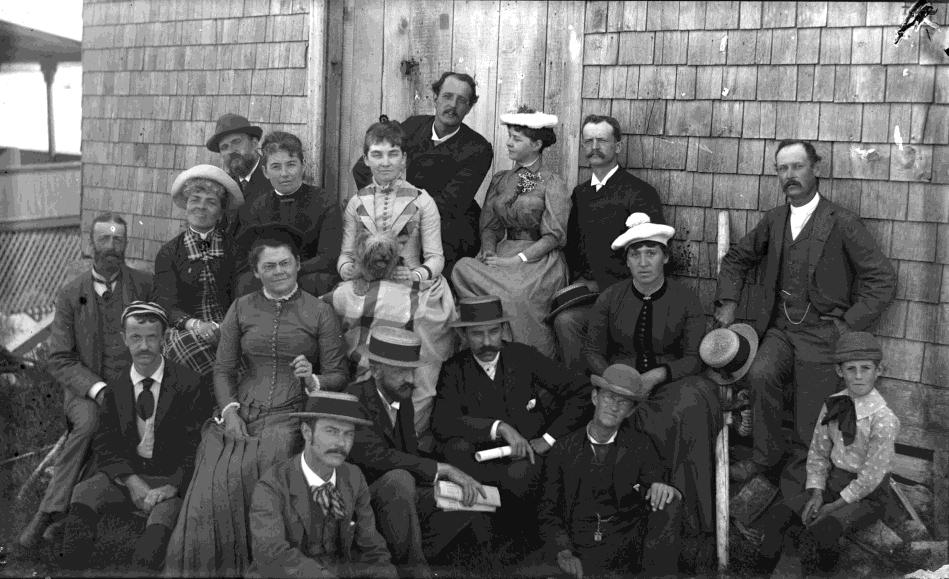The Early Art Colonies of Cape Ann: Annisquam
The origins of Annisquam's summer art colony date back into the mid-19th century, making it one of the earliest gathering spots for artists on Cape Ann. Among the first painters to work in Wonasquam (as the village was said to be called by Native Americans) were Albion H. Bicknell who had set up a studio in the neighborhood by 1868, Henry Hammond Gallison who made Annisquam his summer home for over 20 years beginning around 1870, and William Lamb Picknell who began summering in 'Squam in 1883. In 1885, Augustus W. Buhler first traveled to Annisquam finding a storehouse of pictorial possibilities in the natural beauty of the area and in the weather beaten faces of the village's year 'round residents.
Several prominent art teachers brought their classes to Annisquam in the decades following the Civil War, introducing a whole new generation of artists to the area. In 1875, well known Boston artist and teacher William Morris Hunt brought his band of aspiring women artists to Annisquam, arriving "in the season of apple blossoms." Hunt was followed by Joseph DeCamp who traveled to the Cape from Philadelphia with his female students (and their chaperones) a decade later. The comings and goings of artists in Annisquam were carefully observed by Miss Charlotte A. Lane, a native of the village who ran a boarding house where many of the painters found lodgings. Lane was an avid writer and the pages of her narrative, Reminiscences of Annisquam, are sprinkled with references to early artists who discovered the village during the second half of the 19th century.

Preserved within the archives of the Cape Ann Museum are numerous early and historically important photographs of artists taken in Annisquam in the decades following the Civil War. This one, taken in 1888, captures an earnest and congenial group of artists, posed in front of a shingled outbuilding. Their dress is formal (as was the custom of the day) and their faces are tanned from a summer working out of doors by the seashore.